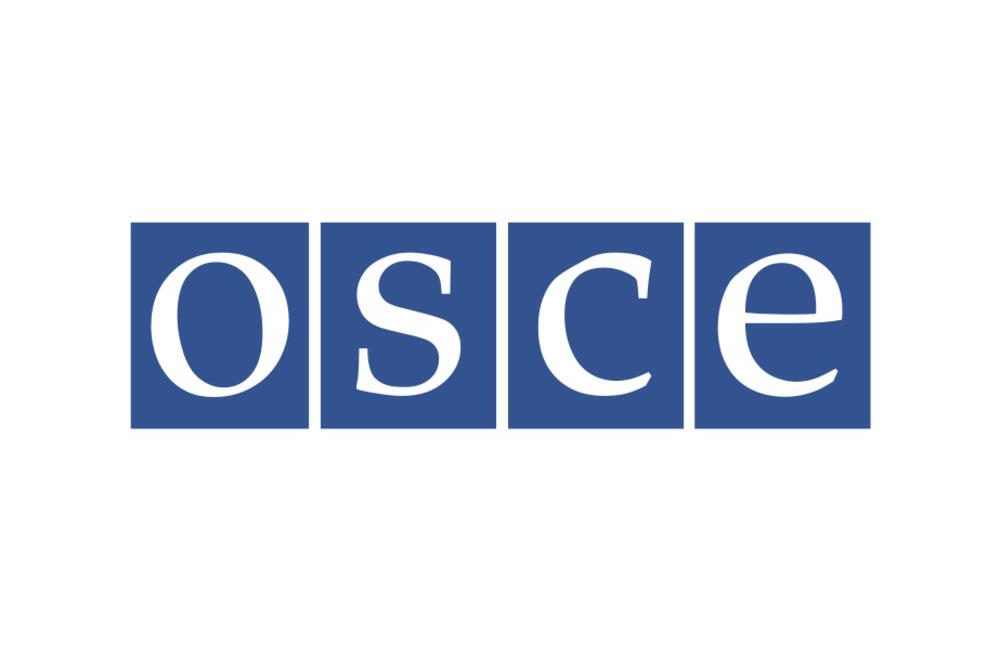
WARSAW 4 October 2023 – Today, OSCE Representative on Freedom of the Media Teresa Ribeiro launched the new Guidelines for monitoring online violence against female journalists at the Warsaw Human Dimension Conference. The Guidelines provide a systematic monitoring and reporting system aiming to better protect women journalists and prevent online violence from escalating.
“Gender-based online attacks against women journalists are to the detriment of us all, to every individual’s right to information, and to the very fabric of our democratic societies,” Teresa Ribeiro stated in her opening remarks. “I am convinced that these Monitoring Guidelines will become a key mechanism in the prevention and protection of such terrible attacks.”
The President of the OSCE Parliamentary Assembly, Pia Kauma, stressed the importance of collective action in tackling gender-based online attacks.
“[The guidelines] are an important tool to identify an escalation of online violence targeting women journalists. This is an issue of high interest for OSCE Parliamentarians, as we strive to advance gender equality within our countries and the OSCE region as a whole.But effective solutions require strong co-operation at multiple levels. I am glad that the OSCE Parliamentary Assembly and the OSCE Representative on Freedom of the Media have developed over the years an excellent partnership on this topic. Actively sharing new tools, experiences, and lessons learned, is what can bring us closer to gender equality in the OSCE,” President of the OSCE Parliamentary Assembly Pia Kauma said.
During the event, the lead author, Julie Posetti, Deputy Vice President and Global Director of Research at ICFJ and Professor of Journalism at City University in London, presented the new Guidelines together with the two other authors, Nabeelah Shabbir, freelance journalist and a Senior Research Associate at ICFJ, and Diana Maynard, Senior Research Fellow at the University of Sheffield. The tool includes a set of 15 research-derived indicators for online violence escalation, a gendered online violence typology, and examples of violations mapped to international codes and standards.
“Our research has confirmed a causal relationship between online violence towards female journalists and offline harm, and it is essential that we work to stem the escalation of digital threats before they morph into physical violence. Online violence needs to be understood as both a serious threat to the safety of female journalists and a potential trigger for, and predictor of, broader attacks,” Posetti said.
The award-winning investigative journalist Inga Springe, founder of The Baltic Center for Investigative Journalism Re:Baltica, shared her personal experiences of online harassment, echoing the importance and urgency of countering online violence against women, as an important step to safeguarding democracy.
The event brought together a diverse group of participants, including government, media, and civil society, for a discussion on countering online violence against female journalists.
More information about the event can be found here: https://www.osce.org/representative-on-freedom-of-media/553951